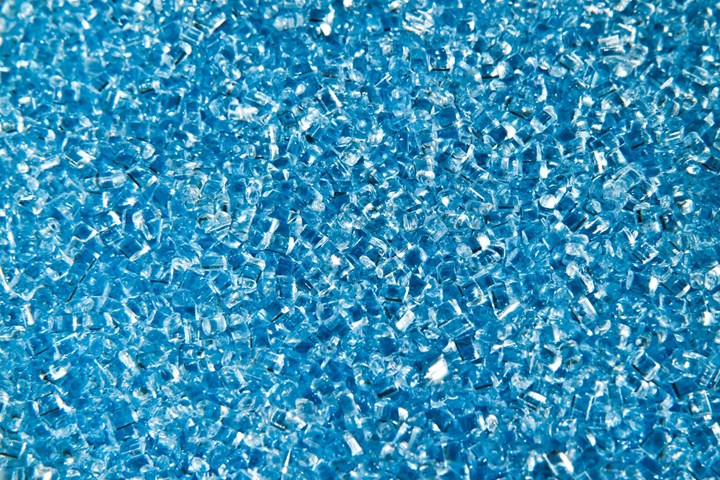Nanopurification Technology Introduced for Removing Toxic Contaminants
Pyrowave announced technology to separate additive molecules from polymers.
Pyrowave, a Canadian company known for its microwave catalysis process for reprocessing polystyrene, has announced a technology for nanopurification of waste plastic. The solution enables pretreatment to purify plastic waste that can then be used in advanced recycling methods that are sensitive to contaminants. The purified output can also be used as-is for some applications.
Contaminants and additives that can be removed include heavy metals, inorganic pigments, halogens and flame retardants. One of the limiting factors in the scale-up of plastic recycling is the inability to secure feedstock compatible with the level of purity required in end applications, and the presence of contaminants in plastic waste and pyrolysis oil has been part of this challenge.

Nanofiltration technology can be used to pretreat plastic waste, offering feedstream with greater purity for chemical recycling. Photo Credit: Getty
Inspired by pharmaceutical technologies, Pyrowave’s processes separate additives from polymer molecules on the basis of size and solubility using nanofiltration membranes. Its advantage over conventional methods, according to Pyrowave, lies in being able to sort out many contaminants simultaneously.
The new process is powered by electricity. Compared with virgin resin production, it reduces greenhouse gas emissions by approximately 95%.
Related Content
-
Automotive Awards Highlight ‘Firsts,’ Emerging Technologies
Annual SPE event recognizes sustainability as a major theme.
-
PHA Compound Molded into “World’s First” Biodegradable Bottle Closures
Beyond Plastic and partners have created a certified biodegradable PHA compound that can be injection molded into 38-mm closures in a sub 6-second cycle from a multicavity hot runner tool.
-
Fungi Makes Meal of Polypropylene
University of Sydney researchers identify two strains of fungi that can biodegrade hard to recycle plastics like PP.











